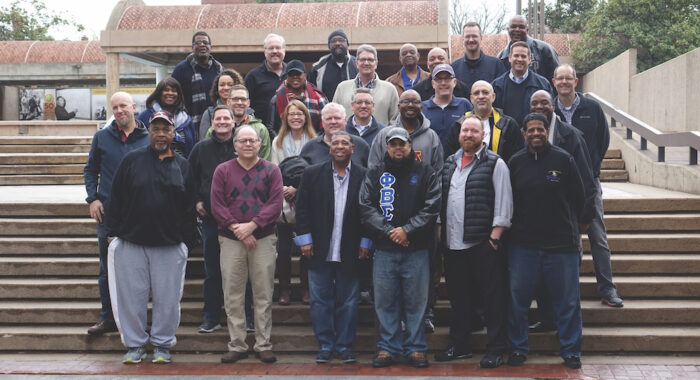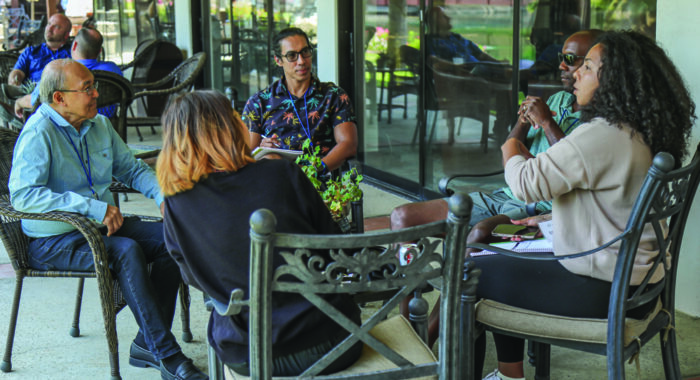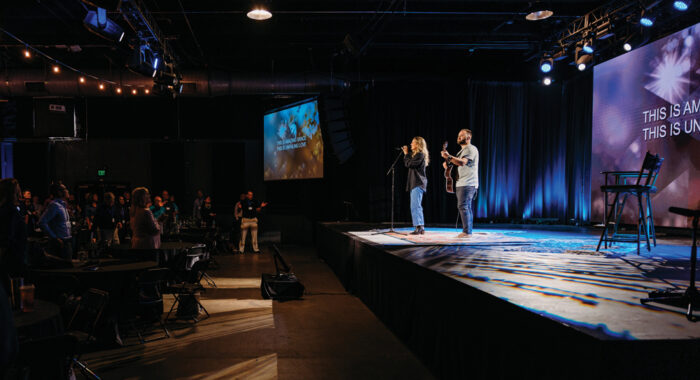Brian Fikkert is professor of economics at Covenant College and founder and executive director of the Chalmers Center for Economic Development at Covenant College. Prior to coming to Covenant College, he was a professor at the University of Maryland and a research fellow at the Center for Institutional Reform and the Informal Sector. He has published articles in both leading academic and popular journals and has been a contributor to several books. Fikkert received a Ph.D. in economics with highest honors from Yale University, and a B.A. in mathematics from Dordt College.
Many suburban churches are reawakening to their biblical mandate to help the poor. But they are also realizing that alleviating poverty isn’t as simple as passing out turkeys or toys once a year.
Poverty alleviation is a long process, one that requires walking alongside poor people over time in ways that are highly relational and empowering. Unfortunately, because suburban churches are not geographically situated in materially poor communities, it is often difficult for them to develop the long-term relationships that are central to poverty alleviation.
But make no mistake about it: Suburban churches do have a vital role to play! However, rather than taking the lead in frontline ministry, suburban churches need to partner with churches and ministries that reside in poor communities and that are working there on a daily basis. It is those churches and ministries that are the primary manifestation of Jesus Christ in their communities, and it is their staff and church members who are in the best position to develop the long-term relationships that are at the heart of poverty alleviation. Suburban churches need to play a backstage role, supporting the churches and ministries that are on center stage.
Key things that suburban churches can offer in such partnerships include: prayer, financial support, words of encouragement to staff, providing jobs to residents of the community, serving on a board, linking community members to their social networks, and sometimes providing teams of mentors. Most of these are roles that are less visible, requiring large doses of servanthood and “dying to self.” But these roles are highly strategic. Front-line ministries desperately need partners with financial, human, social and spiritual resources who understand the true nature of poverty alleviation and who are willing to faithfully support the long and winding process required to get there.
However, suburban churches need to be acutely aware of the power dynamics present in such partnerships. “Suggestions” from wealthy churches can pressure less wealthy partners to pursue strategies that may not be healthy. It is crucial to listen and submit in our partnerships. This doesn’t mean that suburban churches can’t ask hard questions. But it does mean that those conversations need to happen in the context of a long-term, trusting relationship in which the front-line ministry knows that the suburban church respects their opinions.
God is making all things new, reconciling all things to himself through the work of Christ. And he uses his church, whether in materially-poor communities or in materially-rich suburbs, as agents in that work. Both have vital, but different, roles to play.
No, turkeys and toys can’t transform a community. But churches walking in healthy partnerships, pointing poor people to the healing work of Jesus Christ, can.
This article originally appeared in the NAE Insight.



 View All Articles
View All Articles 




























